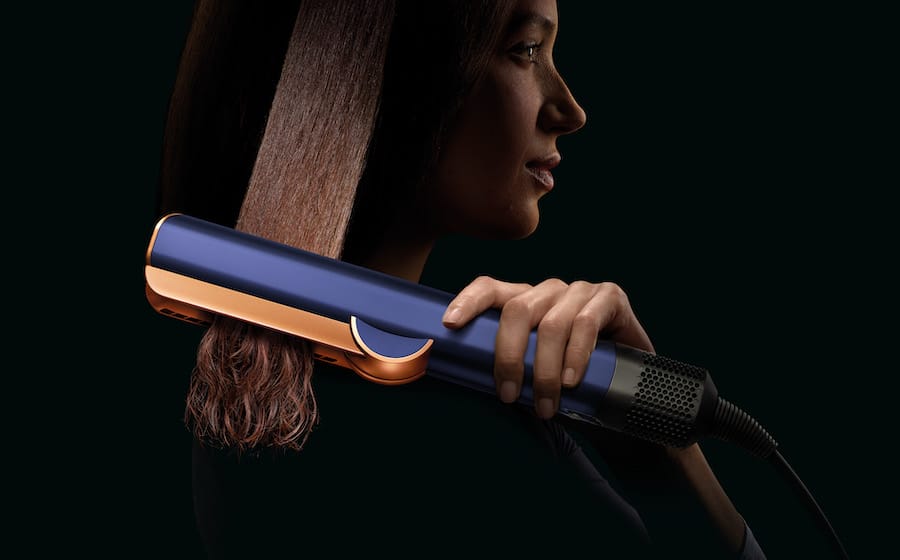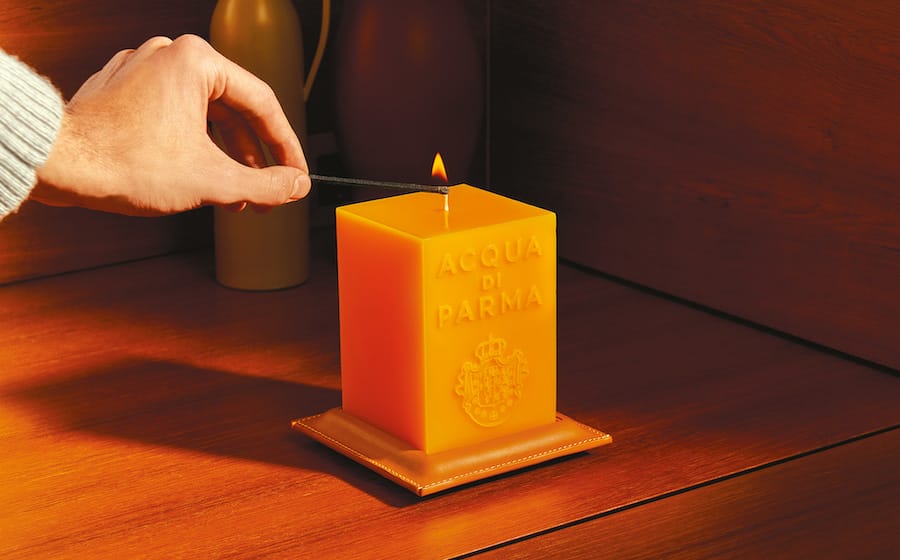
Growing up, my parents loved dispensing practical advice — 30% of the paycheck had to go to an insurance plan, buying property is infinitely superior to renting, and that the letter A is the only alphabet to focus on (bees make honey, A’s make money!). One piece of advice that they conveniently forgot to mention is that one should never squeeze the offensive pustule on his face even if it has swelled to become a homing beacon.
The numbers for the world’s most common skin problem speaks for it itself — the global Acne Medication Market is predicted to surpass US$7 billion by 2024, placards at drugstores and departmental stores all advertise products that are purported to reduce acne and clinics are racing to produce the next It treatment.
One can shell out some serious dollars to take a more “proactiv-e” solution but when it is aggressively persistent like the Dominics and Imrans of Youtube infamy, it is time to install a blocker to your regime. To be specific, the blocker is called a dermatologist.
—
UNDERLYING SOURCE
Men’s Folio spoke to Dr CY Chua of Veritas Medical Aesthetics to understand more about adult acne and the pressing question of why it exists. “There is an age where the incidence of acne drops drastically, but it occurs when one is much older and usually after 50 years old. Science has proven that skin irritation causes acne. Adult acne is frequently caused by hormonal imbalances, but environmental changes can trigger it too,” he shares.
Interestingly, Dr Chua claims that even the lightest and most seemingly innocent of formulations like chemical sunscreens can trigger acne breakouts. Slathering benzoyl peroxide or salicylic acid — the two most common over-the-counter products — may relieve adult acne, but the ingredients have the potential to dry out the skin with over-usage.
“Skin dehydration does not help for sure since it sends a signal to your oil glands that the skin surface is dry and needs more oil. The dry cracked skin surface is also more prone to bacterial infiltration and can worsen breakouts. It is very well documented that cleansers that are too drying can worsen acne,” Chua says.
In addition to the two truth bombs he has dropped, the third one is equally important — highly raved products that have done miracles for your friends’ condition might not necessarily work for you. “Apart from the varying severities of acne, many people don’t actually know that there are also many different types of acne. These different variants frequently need different types of treatments so you can’t really clear acne the same way your friend managed to clear his.”
—
TREATING THE ROOT CAUSE
Hence, reversing post-acne damage is not a one size fits all solution according to Doctor Chua, but there is a clinical treatment that targets excess sebum production and post-acne scarring at the same time — laser skin resurfacing.
Dr Chua says that it is no longer a treatment that involves unsightly brown grids or railway track marks of peeling skin thanks to the development of NAFL — Non-Ablative Fractional Laser — technology, which involves the gentle heating of skin without the burning of the skin’s surface. The post-NAFL downtime is almost non-existent, but its effects are anything but. Dr Chua explains, “NAFL helps to control the skin’s oil glands effectively while also treating skin dents and marks left behind by acne.”
If one really must know if a pimple should be popped, refrain from doing so and seek professional help instead. If there is a need to scratch that proverbial itch, there’s Doctor Pimple Popper on YouTube for that.
Photo Amirali Mirhashemian / Unsplash.








